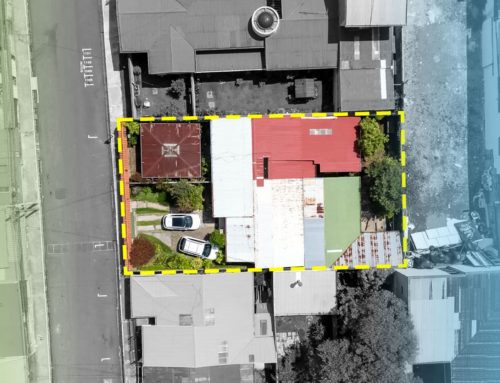The escrow is a legal figure in which the parties agree to hand over the custody of a document or value to an impartial third party to retain it and deliver it to the other party against the fulfillment of the conditions that are agreed.
The escrow can be understood as a contract, where the figure of the third party (escrow officer), offers a guarantee and security to the parties, with the aim of fulfilling what people agreed.
This company or person guards the funds of the parties and by the nature of its activity, according to the law in Costa Rica, must be duly registered with SUGEF.
For example, in contracts for the purchase and sale of goods where the buyer and seller can be signed under an escrow contract, the depositor (buyer) pays the price of the good to the impartial third party that is the escrow agent or escrow officer, so that once the agreed conditions are met, this sum is delivered to the beneficiary or receiver (seller).
Why work with an escrow?
This figure gives contractual certainty to the parties by identifying them and ensuring compliance with the contractual terms. The use of this figure has gained strength mainly in commercial and real estate operations due to the need for custody and regulation on the purchase price, including a possible preliminary step when signing a purchase option.
Also when the buyer wants to pay, but not directly to the seller since the conditions that he considers essential have not yet been fulfilled and prefers that this delivery be by an impartial third party who will return the funds in case the transaction is not carried out by acts not attributable to the buyer.
As it is not typified in Costa Rican regulations, therefore it is often confused with the deposit contract. However, there are some differences, such as that the escrow is atypical, it is tripartite and also that the escrow agent can manage the funds according to the instructions granted, protected by the principle of autonomy of the will.
Escrow Parties
| Escrow Agent | Compliance Agent |
|---|---|
|
|
How does the escrow account work at the Bank?
An Escrow account is a sub-account within the Escrow’s main account, designated specifically for a client. All escrows have specific banks that they work with and that’s where they open accounts.
In order to start the process of opening an account, the requirements requested by the bank must be provided, indicating the origin of the funds. Some of the requirements may vary depending on the specific situation of each client. However, some of the general requirements are:
- Contract of sale signed by the parties
- KYC Form
- Escrow Contract
- Ids
- Bank statements for the last 3 months
- Proof of salary or tax return
- Proof of inheritance
- Transfer Write
Stages of the Escrow process in Costa Rica
The first thing to do is to complete the documentary process, that is, attach everything in order to proceed with the turn of the initial deposit. Subsequently, closing statements and payment instructions are prepared; these are done through lawyers who send them to the escrow so that they can be transcribed into official formats.
Once the closing is done, the funds are drawn when the transfer deed and the escrow documents are duly signed.
It is important to take into consideration that this compliance process can take at least a week and if the funds come from abroad, then they can take 3-4 more days to enter the accounts once they are sent (if they come from Europe they can last longer due to intermediary banks).
What is the difference between escrow and a trust fund?
Escrow tends to be confused with trusts because it also involves three parties and a contract. However, the functions are different.
For example, the escrow contract is not typified in the Costa Rican legal system. Unlike the trust agreement, regulated in article 633 et seq. of the Commercial Code and related applicable regulations.
The escrow contract is essentially ancillary since it is signed with the purpose of executing another main contract, for example, an option to buy, merge or sale, among others. In contrast, the trust agreement is usually a main contract.








